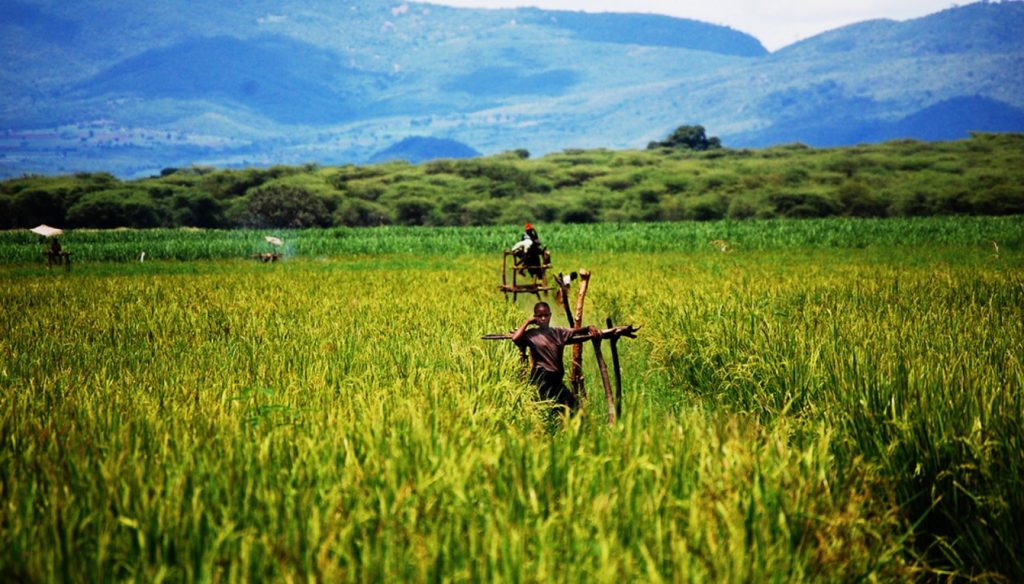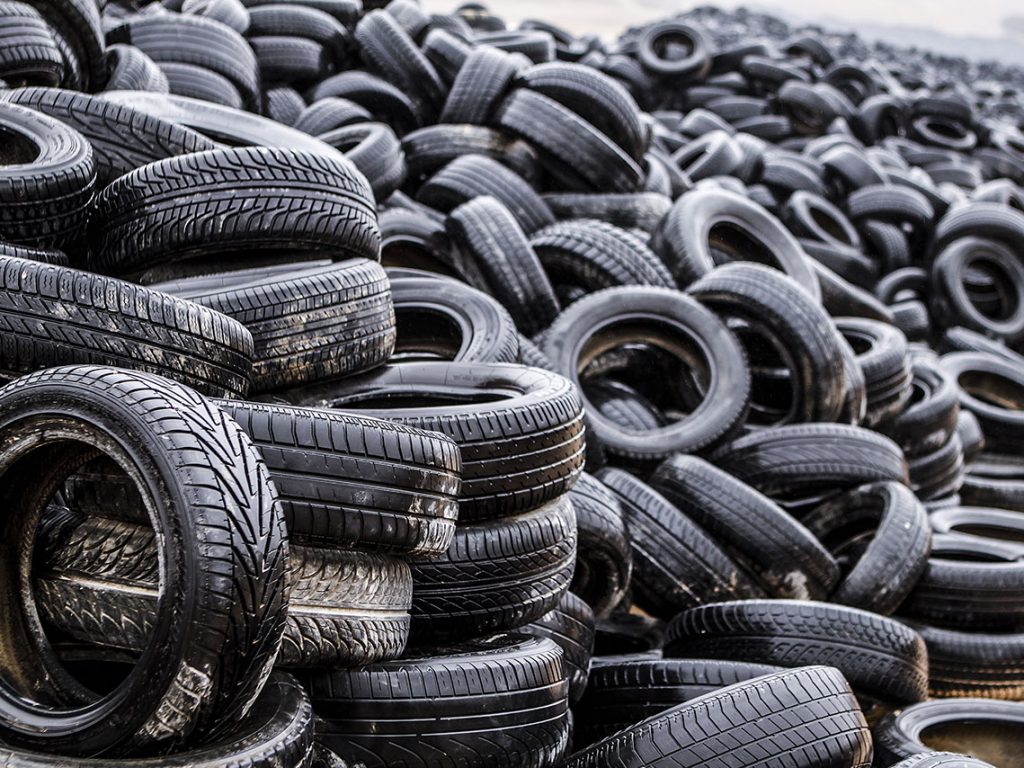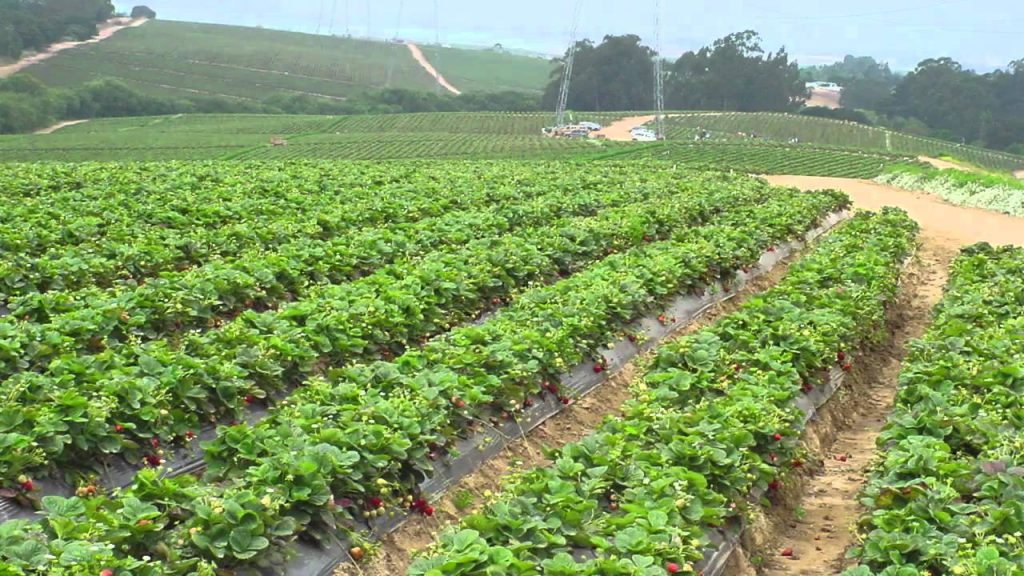2016 Hottest Year Ever Recorded – Scientists Say Human Activity to Blame.

2016 hottest year ever recorded – scientists say human activity to blame. 2016 was the hottest year ever record, with scientists firmly putting the blame on human activities. The final data for 2016 was released by three key agencies – the UK Met Office, NASA and NOAA. All in the United States. Scientific research indicates the world […]
How Nigeria Can Transit to Green Economy

For Nigeria to successfully transit to a green economy, there is a need for the enforcement of existing legislations on sustainable environment. Stakeholders, who spoke at the workshop in Lagos organized by the Community Conservation and Development Initiatives (CCDI) in partnership with the Ministry of Foreign Affairs of the Federal Republic of Germany, were of […]
Trump Could Be Good for The Environment

‘Trump could be good for the environment’ is no gainsaying as Trump is very keen on bringing more economic growth back to the United States. Also, more industrial activities would be given to companies involved in solving environmental problems such as cleaning up the water supply from fracking water. Fracking is the process of injecting […]
Lagos Launches First-Ever ‘Energy Conservation Month

Lagos Launches First-Ever ‘Energy Conservation Month Lagos Launches First-Ever ‘Energy Conservation Month. C40 city Lagos has named October “Energy Conservation Month,” launching this first-of-its-kind initiative to raise awareness on energy usage. C40 city Lagos is an initiative by the Lagos state Government to enable cities tailor their activities to unique situations. By doing so, come […]
Energy from Waste – Pyrolysis Process

Pyrolysis is a method of gasification that turns waste into energy-rich fuels by heating the waste under controlled conditions. The process occurs in the absence of oxygen. In general, pyrolysis of carbon-based materials produces gas and liquid products. It then leaves a solid residue richer in carbon content. The solid residue from the pyrolysis process is […]
Importance of Organic Agriculture in Nigeria

It is a new dawn, thus, the need to start treating our environment right. This will in turn, result in a better living for us all. This brings us to the topic ‘importance of organic agriculture in Nigeria’. We can refer to organic agriculture as “A method of producing quality crops, vegetables, or animals, naturally […]
